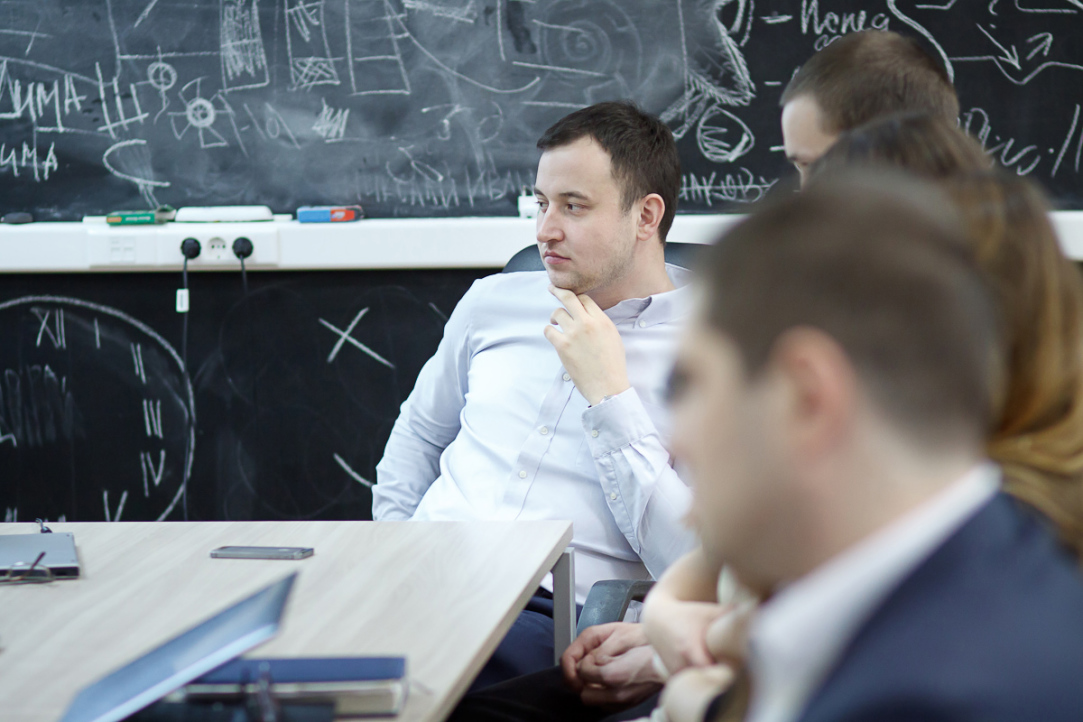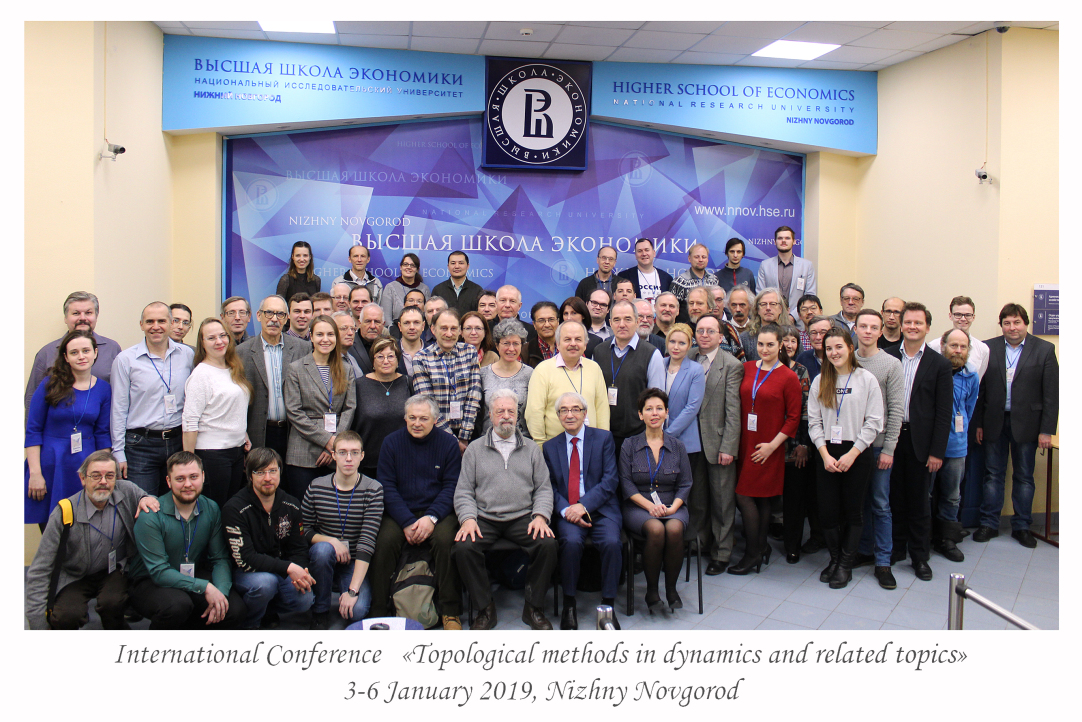
News

Researchers at the Centre for Bioelectric Interfaces and the Centre for Cognition & Decision Making of the Higher School of Economics utilized electroencephalogram (EEG) and the event-related potential (ERP) technique to study neural activity during simultaneous interpretation of continuous prose. Using event-related potentials as an index of depth of attention to the sounding fragment, the researchers assessed the competition between memory and auditory perception during simultaneous interpretation. The results of the study were published in the journal PLoS ONE.




The HSE Institute for Statistical Studies and Economics of Knowledge (ISSEK) analyses the dynamics and rate of industrial companies’ cooperation with R&D organisations.

Researchers from the Higher School of Economics have created a technology to help neural networks identify certain people on video, detecting their age and gender more quickly and accurately. The development has already become the basis for offline detection systems in Android mobile apps. The results of the study were published in an article entitled ‘Video-based age and gender recognition in mobile applications’ .

